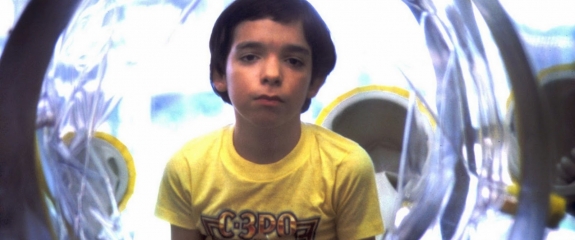Possible cure for children born with ADA-SCID, often called “Bubble Baby” disease

A stem cell gene therapy that offers a potential cure for children born with adenosine deaminase (ADA)-deficient severe combined immunodeficiency (SCID), often called “Bubble Baby” disease, has moved a step closer to approval after receiving the support of a European Union regulatory panel.
The life-threatening condition, that if left untreated can be fatal within the first year of life, causes cells to not create an enzyme called ADA, which is critical for production of the healthy white blood cells that drive a normal, fully-functioning immune system.
Before this development, the only available treatment involved twice weekly injections with the necessary enzyme, a life-long process that often results in a poorly functioning immune system. Some sufferers could undergo bone marrow transplants if they had a sibling or an appropriate donor could be found, but tissue matches were rere and could result in rejection of the transplanted cells which can then turn against the host.
The breakthrough was developed over three decades of research to create a gene therapy that safely restores immune systems in children with ADA-deficient SCID using the patient’s own cells. A virus delivery system is employed to insert a corrected gene for the missing enzyme necessary to blood forming stem cells in the bone marrow.


